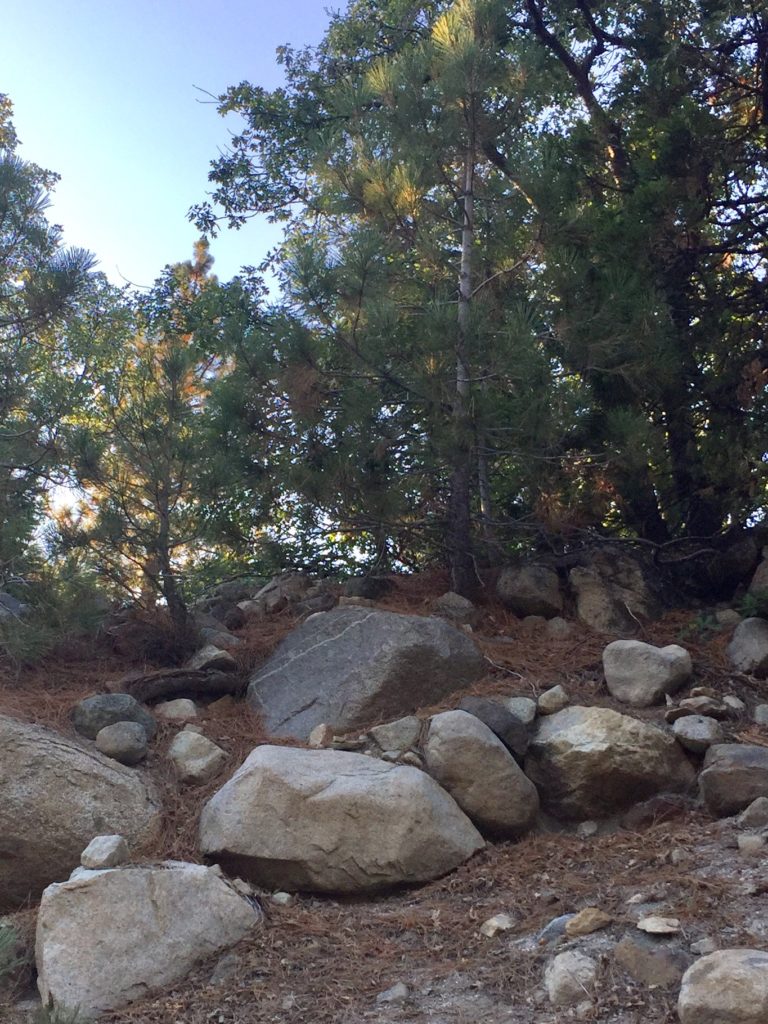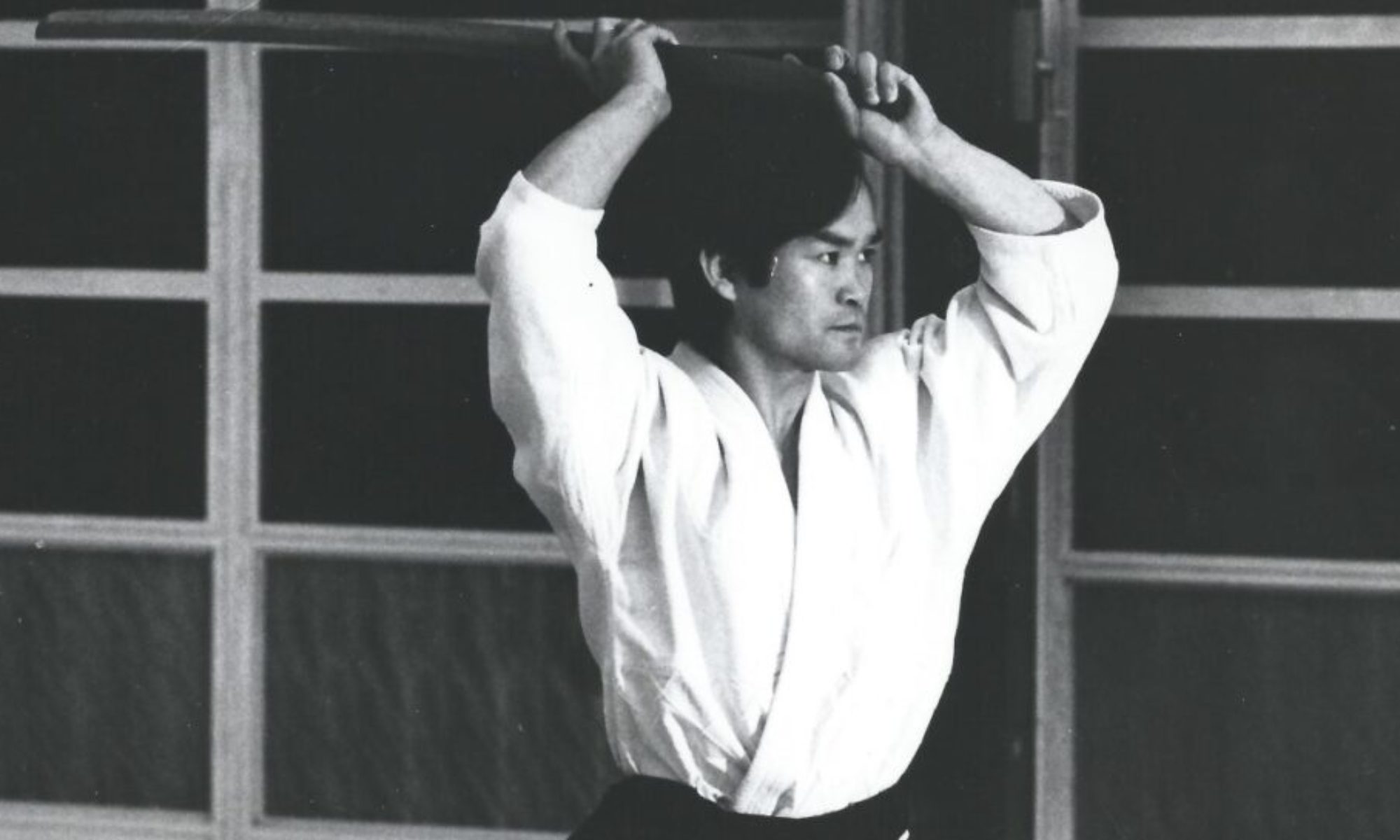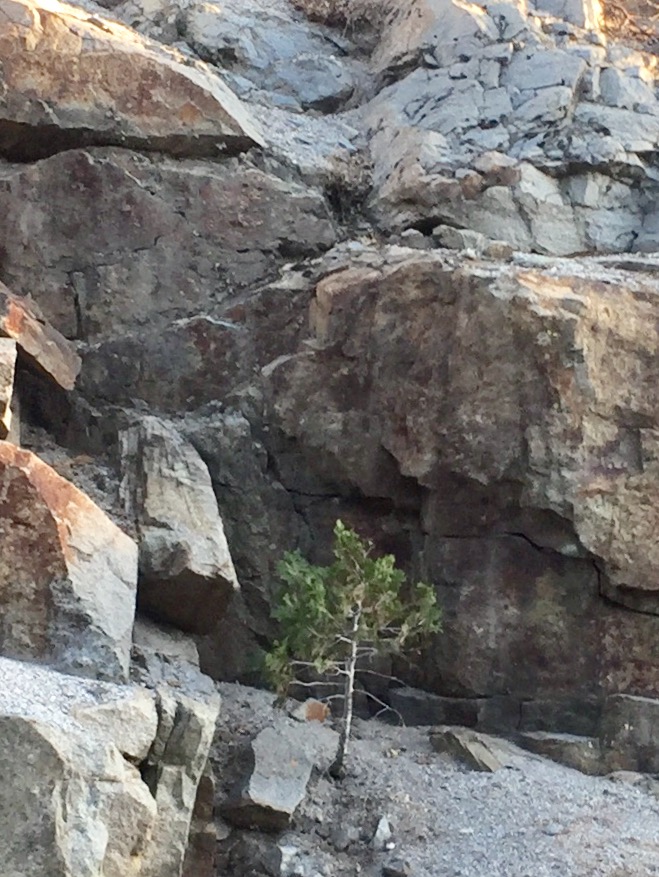by Jon Paul Oliva, Multnomah Aikikai
“In real discipline you are not entertained. You are simply presented with things – rock, jaw, chew. You are continually gnawing rock. Without even having the ambition to eat the whole mountain, you still keep chewing that rock.” – Chogyam Trungpa

Last year marked a twenty-year milestone for my practice of Aikido, a period of time during which my role has almost imperceptibly shifted from one of general student to sempai and more recently, assistant instructor. Along with changes in responsibility, the emphasis of my training has also changed. My training was once primarily focused on developing my ukemi and my technique. I now find that my focus is just as often on helping brand new beginners develop their confidence and more seasoned kohei on their journey to deepen their own study. During this process, I’ve been fortunate to discover that I have a genuine desire to help others with their own training, along with an evolving ability to meet people where they are within their own practice.
This shift in my practice presents me with significant challenges. Sometimes these challenges are straightforward technical considerations; other times they are deeply uncomfortable and personal in nature. Regardless of the form they take at any particular moment, I have a kind of intuitive knowledge, developed over my years of training, that these challenges are my “rocks to gnaw on”.
Our dojo has many junior students who need exposure to elementary aikido concepts. Training with these students has been immensely challenging and rewarding. When leading a class, I’m focused on finding new ways to help each individual discover their potential. It is important to me, particularly in the context of providing others with instruction, to continue to adopt a higher standard for myself in the technical curriculum. To this end, I have identified a need for my own self-directed study. My reasons include providing a solid foundation for kohei to develop their own technical proficiency, developing the self-confidence necessary to assist others in the learning process, and honoring the commitment of my teachers, who have created and carry on the path of study for us all to better ourselves through diligent practice and sincere commitment to Aikido.
Additionally, the need to structure training within a busy work-family life is a challenge with which many adult practitioners of Aikido can surely identify. I am fortunate to have family and friends that support my Aikido training and recognize the many benefits that training brings to my life. Even so, there are competing priorities that often need to take precedence. At forty-two, I have all the trappings that one might expect: a professional career, family, aging parents and a mortgage, to name just a few. It continues to be a challenge to find the right balance at any given moment. I don’t look at these as challenges that can be “solved” but I do believe that clear communication and constant vigilance (“Am I doing enough to meet the needs of X?”, “Have I clearly communicated that I need Y?”) is an effective strategy for successfully balancing all of the dynamic realities of my life in a way that honors my many commitments to community, work, dojo and self.
At the heart of these practical considerations is always the deeper context of training vis-à-vis my personal development and relationship with others. Perhaps my greatest challenge in embracing this changing role is that I fear failing. Both inside the dojo and beyond its walls, the fear of failure is an obstacle that I’ve often struggled with, and struggled to acknowledge. Oddly enough, it’s been a growing recognition of this fear that has led to a sense of opening up and a new joy in my practice.
Every new day on the mat it is an act of faith for me to believe that I can honor the life work of my teachers by devoting myself to the system of study that Chiba Sensei has laid out for us. The role of teacher – no matter how junior – is a gift and responsibility to be taken very seriously. Truthfully, I am uncertain if I can meet this challenge and I continue to make mistakes. Yet I feel very fortunate that training has provided me a window to use the very personal experience of my own imperfection to work for the benefit of others.

On the eve of my Fukushidoin test, I was very nervous. I couldn’t shake the feeling that I wasn’t going to do well and that I would look foolish in front of my teachers and peers. That fear made the test much more difficult for me and obliterated any sense of relaxation in a way that felt tangibly familiar. This turned out to be the best outcome. The uncomfortable feeling lingered for weeks, providing me with an opportunity to really sit with my experience and become intimate with its unpleasant qualities.
It would be disingenuous to say my discomfort has gone away, but in a fundamental way it has shifted. I’ve spend almost two years now looking with curiosity at my experience and it continues to soften me to the difficulties that others face. This may seem such a common-sense outcome that it sounds banal, but making friends with my fear has melted some armor I didn’t know I was wearing. While we all have our own unique challenges, seeing the processes fear engenders – the way it can freeze us or push us into aggression – has become a basis for me to experience an uncontrived tenderness toward myself and other people. Empathy is no longer a theoretical exercise but a practice that has emerged from the crucible of the dojo. I feel immense gratitude toward my teachers and fellow students that our mutual commitment to sincere training provides us with this unique opportunity to chew on rock!

